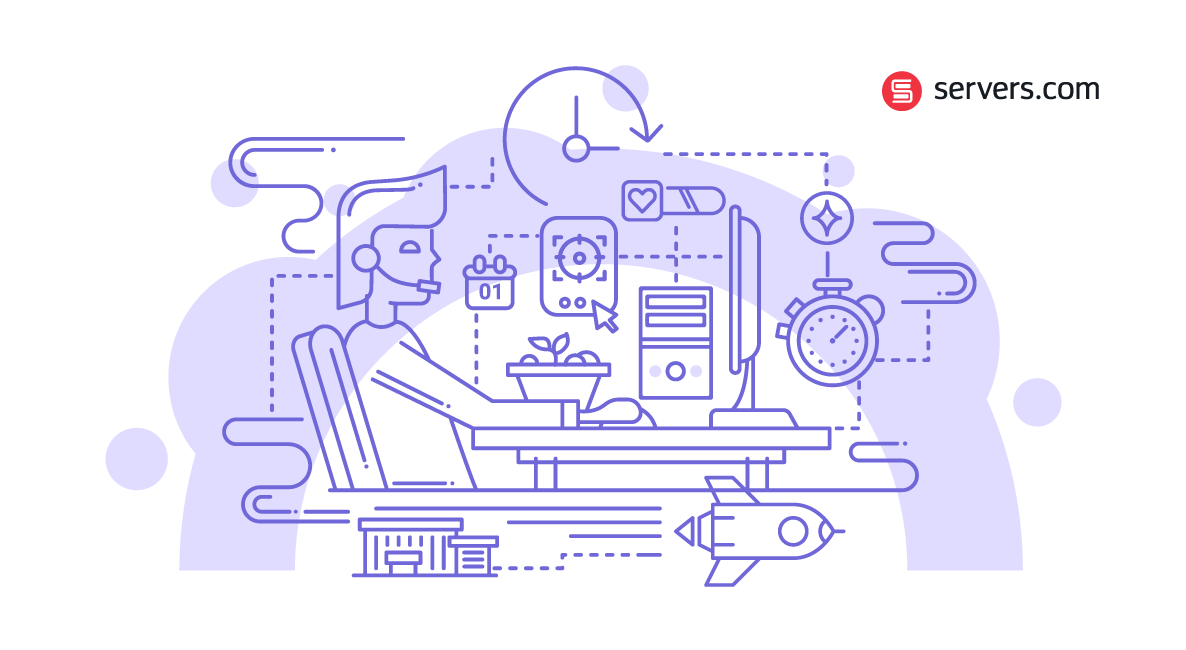

There is a discussion on Reddit posing the question - why do good games fail? One of the most popular responses argues that “players don’t have…to justify the flaws of every game and look for the good aspects - exactly the opposite, there are so many games that players primarily look for flaws”.
And one of the biggest issues that gamers face is high latency or ping - the two key measures of performance. We’re talking failed downloads, video start failures, packet loss, buffering, and milliseconds of lag or delay that can ruin a player’s experience.
Imagine that you’re playing Call of Duty and you’ve spotted an opponent. But because you’re lagging a couple of milliseconds behind, in the time taken to aim and fire they’ve already moved position. It’s understandably frustrating. And gamers are not afraid to tell the world about their frustration.
So, while latency and ping may just be measures of a game’s performance, they can also be crucial factors to the success or demise of a game.
In this blog, we discuss why latency in gaming is so integral to all types of gaming experiences.

Latency in gaming is the time it takes for data to travel from your device to the game server. The faster data travels, the lower the latency – and the better the experience for your gamers.
Conversely, the slower the data travels, the greater the latency – or “lag” as many gamers call it. A low latency game server transfers information extremely quickly.
Although ping and latency are often used interchangeably, there are subtle differences.
Ping is the signal that is produced and sent out when a player inputs a command, and the server responds to it. For first person shooter games such as Destiny 2 or Doom Eternal, bad ping is very noticeable. As mentioned above, it could be the difference between making the hit and missing it because you’re a few milliseconds behind.
There are several factors that increase latency in gaming, including:
Lower-spec or shared machines will always be slower at processing and rendering game data than a low latency game server.
The longer the distance between your server and the gamer, the longer it takes for information to travel between the two. There will typically be many intermediate “hops” as the packet crosses the internet, further adding to the journey time.
A lower-grade internet connection will not be able to transfer information as quickly.
High latency in gaming is typically caused by a combination of these factors.
Latency in gaming is calculated by measuring how long it takes for a packet of data to travel between the gamer’s PC and the gaming server.
Gamers will often measure latency themselves; they send a game server ‘ping’ – a single packet of data directed at the gaming server – and note the time it takes for the server to acknowledge receipt of the ping.
Game server ping times are incredibly important to dedicated gamers – they will routinely abandon servers that are considered too slow to deliver a good gaming experience.
When it comes to hosting games, low latency is essential. The best latency for gaming is a ping time as close to 0ms as possible. Exceptionally good latency for gaming is a game server ping of 20ms.
In most cases, 21ms to 100ms is acceptable. Anything between 101ms and 150ms is workable, but serious gamers are likely to be dissatisfied with this sort of latency. Anything beyond that is considered bad latency for gaming and will cause noticeable lag.
Given this, low ping needs to be an absolute priority when choosing a server host. But don’t forget to consider the causes of high latency in gaming as a whole, as there may be factors unrelated to your low latency gaming server at play.
Here are some practical considerations for reducing latency in gaming. First let’s consider how to reduce latency for gamers from the server side.
Physical distance has the biggest impact on latency. Which means that to reduce it you need to move your players and data centers closer together. If you want the best experience for your players, make sure to check where your gamers are based. From there you can select a host that has data centers in the same geographical region to reduce distances traveled and intermediate network “hops”.
Choose a dedicated server – having a bare metal server dedicated to your game server hosting ensures that hardware resources are not shared with other users (which can impact performance and increase latency in gaming).
There are also actions that players themselves can carry out to improve the performance of their local network.
Players should ensure that their computer meets minimum hardware specifications and that they have a suitably quick broadband connection.
Players should choose wired connections instead of WiFi wherever possible. If they must use WiFi, it helps to keep their computer as close to their broadband router as possible (remember physical distances increase ping). Players can also adjust their router settings to prioritize gaming traffic.
Players should close other applications running in the background to ensure the computer isn’t taking resources away from the game.